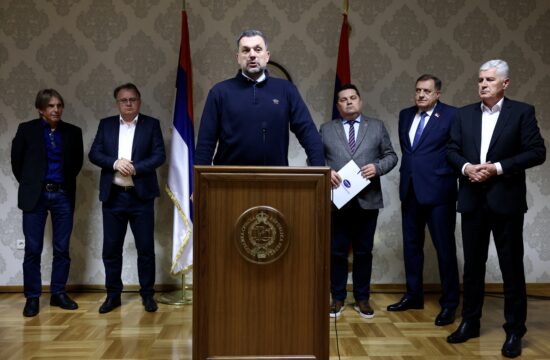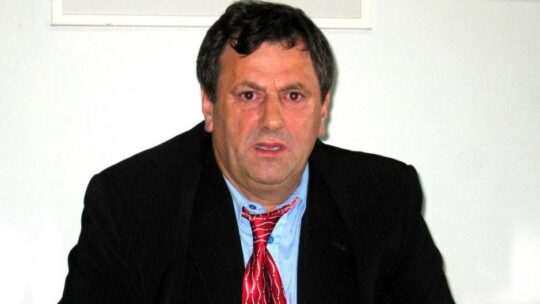Montenegro, which joined NATO last year, is not ruling out the possibility of a direct military threat, although this danger is markedly diminished owing to the country's place and its important role in the stability of the region, according to a draft national security strategy, Podgorica media said on Sunday.
The government's document says the security situation in Montenegro should be seen also in the regional context as it belongs to both the Balkans and the Mediterranean.
It is part of a region which suffered dynamic changes and a civil war in the recent past and bearing in mind the historical legacy and the positive trends after independence was renewed, Montenegro has a particular place and an important role in the stability of the region, the draft says.
It adds that Montenegro shares a strategic approach to challenges, risks and threats to national security as defined in NATO's strategic documents.
The draft says the spectrum of challenges, risks and threats is wide. The region is still burdened by events from the past and unsolved problems, which can cause destabilisation in some areas, it notes.
Due to the downsizing of troops in the region, some countries’ NATO and EU integration, and the development of a policy of trust, cooperation and partnership, the danger of a direct military threat to Montenegro is markedly diminished but cannot be ruled out, the draft strategy says.
Changes on the geo-strategic plane have made the Balkans again a zone of strong interest among international stakeholders whose primary goal is to stop the European and Euro-Atlantic journey of some countries in the region, the document says.
That has resulted in concrete actions towards the region, notably hybrid ones, which is a serious security challenge and can have significant consequences on regional stability and slow down integration processes, it adds.
Defence Minister Predrag Boskovic said earlier the main reason for adopting a new strategy is the changed security situation, not just in Montenegro but in the region and Europe as well. He added that in 2008 when the last strategy was written, there was no migrant crisis nor a conflict in Ukraine between the government and pro-Russia rebels supported by Russia, which was against Montenegro's NATO accession.
Since 2008, there has been a terrorist attempt in Montenegro and various interests in the Balkans have clashed, Boskovic has said.
Montenegro is trying 14 Russian, Montenegrin and Serbian citizens for attempting terrorist acts on election day in October 2016 in order to cause a coup and prevent the country's NATO accession.
Parliament is expected to discuss the draft national security strategy in October.




